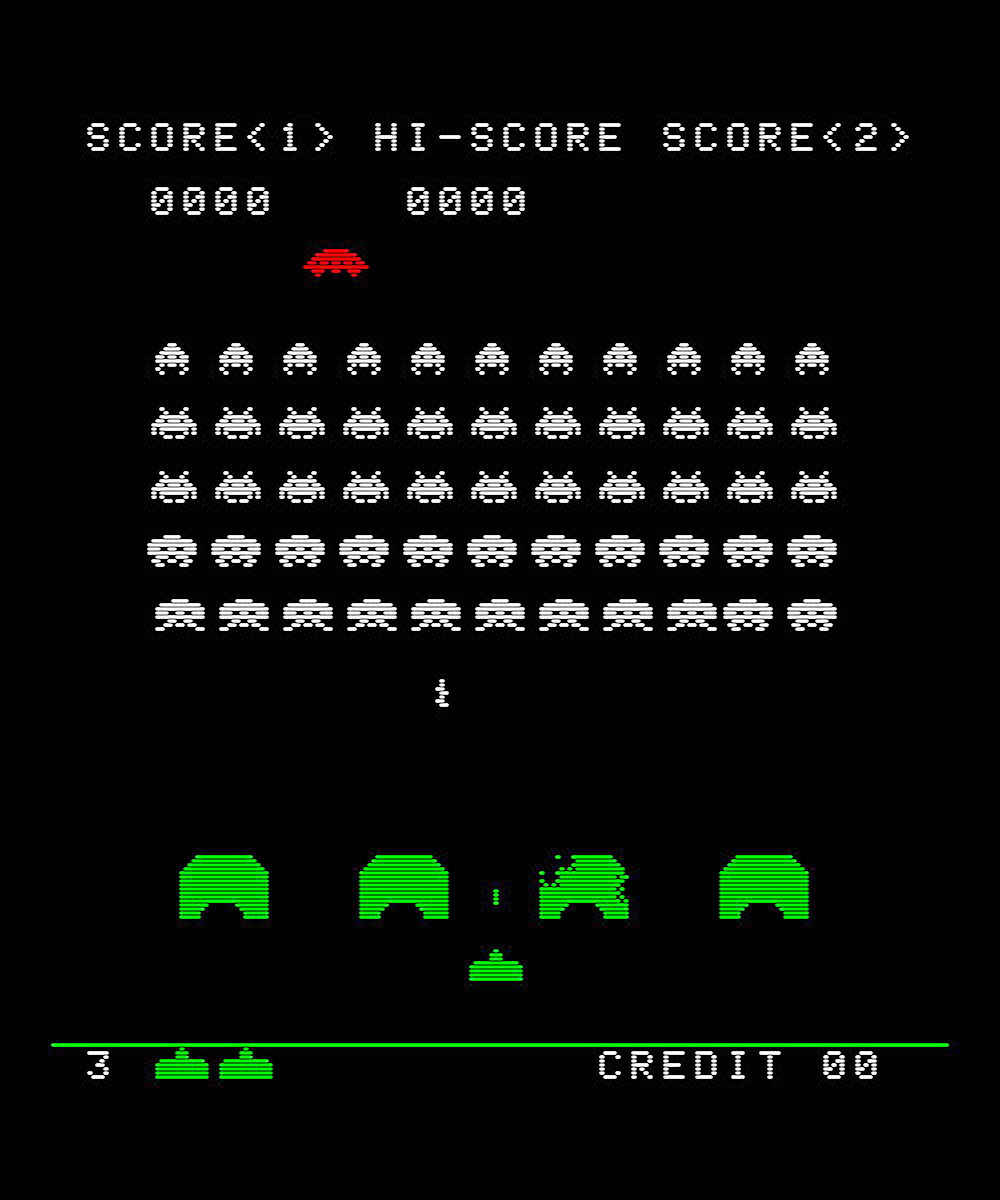I've always been rather fond of nostalgic gaming, as an emotional trigger and also as an emotional study - the why's and how's of past memories and what triggers them have often been a thought and sometimes have even reflected throughout recent gaming experiences.
Sometimes games played as a youngster are better off left as memories; bad games are often easily overlooked when young, and sometimes it doesn't matter how fond you are over a past game or franchise, coming back to them may hinder those memories as older and wiser - in critical analysis terms - trumps younger and immature.
For our first lesson we each had a slight idea into what areas of games design we wanted to tackle throughout the year. This was a simple process in which 'Level Design', for example, was stripped down and analysed into bullet points and evidence-based questioning and reasoning.
It was quite eye opening to see such the misunderstandings of common, personal logic versus the often responded; 'well, why?'.
Space Invaders, for example, a classic arcade shoot-em-up was used to help represent how we individually looked at an object and determined what that object was, based on what we personally saw.
The in-game sprites where drawn to remind us what they looked like to determine, individually, what we saw those shapes as; 'tank', 'shield', 'ufo'. Although in this case we'd actually all along established them as those labels and never questioned it, until the consistent 'well, why?' questions made us think deeper into what we actually were seeing and analyzing.
 |
| Tanks? UFO's? Defense Shields? All based on individual assumptions that will then require further researching and evidence to eventually determine and evaluate. |
Also, a video game's story doesn't necessarily represent it's 'narrative', as a player who plays a level from A to B creates their own personal narrative. A video game like Super Mario Bros. isn't always played the same - be it individually or with friends - as narratives are built from moments within playing the game, creating the players' own personal stories and potential memories to looked back on - nostalgic - from these often emotionally involving experiences.
It was a direct approach into what we'd potentially have to have our minds adjusted towards throughout the year; in order to provide the research, questioning, evidence and potential personal outcome to each task ahead we'd have to begin with potentially re-evaluating our own reasoning when it comes to what is GOOD and BAD design.
- mlhostain
No comments:
Post a Comment